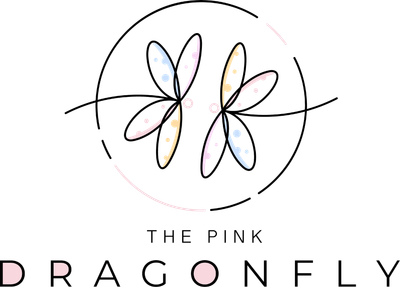Appreciating the who, the what, the why and the where
The Benefits of Being Grateful That You May Not Know About
Expressing appreciation and being thankful can reduce depression, lower blood pressure, increase energy and happiness, and even prolong your life! Gratitude also increases the feel-good neurotransmitters dopamine and serotonin and helps you deflect those negative thoughts. So why not celebrate minor accomplishments, perform small acts of kindness, and appreciate the small things? Feeling grateful may seem like a challenge lately, in a world full of unsettling news, social distancing and cancelled travel plans. However, gratitude may be more important than ever to protect our mental and physical health during these uncertain times Taking time to count our blessings can provide a fresh perspective on life, with research suggesting that gratitude can actually rewire our brains to make us healthier and happier. Here are five ways adopting an attitude of gratitude can change your life for the better:
1. GRATITUDE PROMOTES BETTER PHYSICAL AND MENTAL HEALTH
Reflecting on what you are grateful for is associated with increased levels of happiness, as it helps to shift your attention away from negative emotions like stress, fear or envy. Research has found that, even when controlling for various personality types, gratitude was associated with better psychological wellbeing and ability to cope with challenges. People who regularly rehearse being grateful also report improved physical health and healthier daily habits than those who don’t.
2. GRATITUDE SUPPORTS DEEP, RESTFUL SLEEP
Our tendency to overthink about the past or worry about the future is a common barrier to falling and staying asleep, particularly if we fixate on the negatives. Shifting your mindset to one of thankfulness and positivity can help, and studies have shown that people taking part in a dedicated gratitude practice reported longer, less disrupted and much improved, restful sleep.
3. GRATITUDE BOOSTS YOUR JOB SATISFACTION
Most adults spend the majority of their waking lives at work, so consciously choosing to seek out the positives about your job can have a significant impact in preventing job dissatisfaction and burnout. Scientists suggest making gratitude a part of daily working life can increase immediate and long-term job satisfaction, create a more positive working environment, and enhance collaboration and community among colleagues.
4. GRATITUDE REDUCES MATERIALISM
Giving thanks for what you already have is an important counterbalance to our modern lives which are saturated with marketing designed to make us feel like we need the latest bag, gadget, or beauty product to be happy. Grateful people tend to be less materialistic and happier with their lives, while highly materialistic people report lower life satisfaction. The pursuit of material possessions can distract us from tending to deeper social and emotional needs, and lead us to falsely view ourselves as unsuccessful. Gratitude has the opposite effect, enabling us to appreciate life as it is in the present moment.
5. GRATITUDE STRENGTHENS RELATIONSHIPS
We all know what it’s like to be around someone who is consistently negative – it’s not fun. It’s not surprising then, that being grateful actually leads to better relationships. People who practise gratitude are often seen as more likeable, enjoy healthier social, romantic and familial relationships, and have access to more social support in times of need.
HOW TO PRACTISE GRATITUDE DAILY
If you’re ready to adopt a regular gratitude practice, start small by committing five minutes a day to acknowledging everything you are thankful for, big or small. To build the habit, consider linking your gratitude practice to a ritual or activity you already do each day, such as acknowledging what you are grateful for to yourself during your morning shower, or writing down three good things that happened in your day as you go about your night-time routine You can also do things like notice and appreciate the beauty in nature when you go for your daily walk, keep a daily gratitude journal, or meditate for 10 minutes a day and focus on a gratitude mantra. Before long, you’ll become more aware of the positives in each day, and start to reap the physical, emotional and psychological wellbeing benefits of being grateful. Gratitude goes hand in hand with Mindfulness…. What’s not to love?
